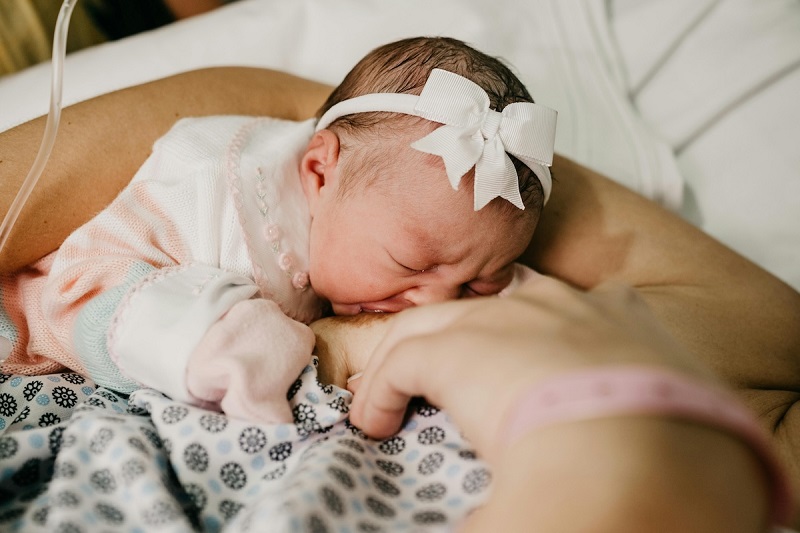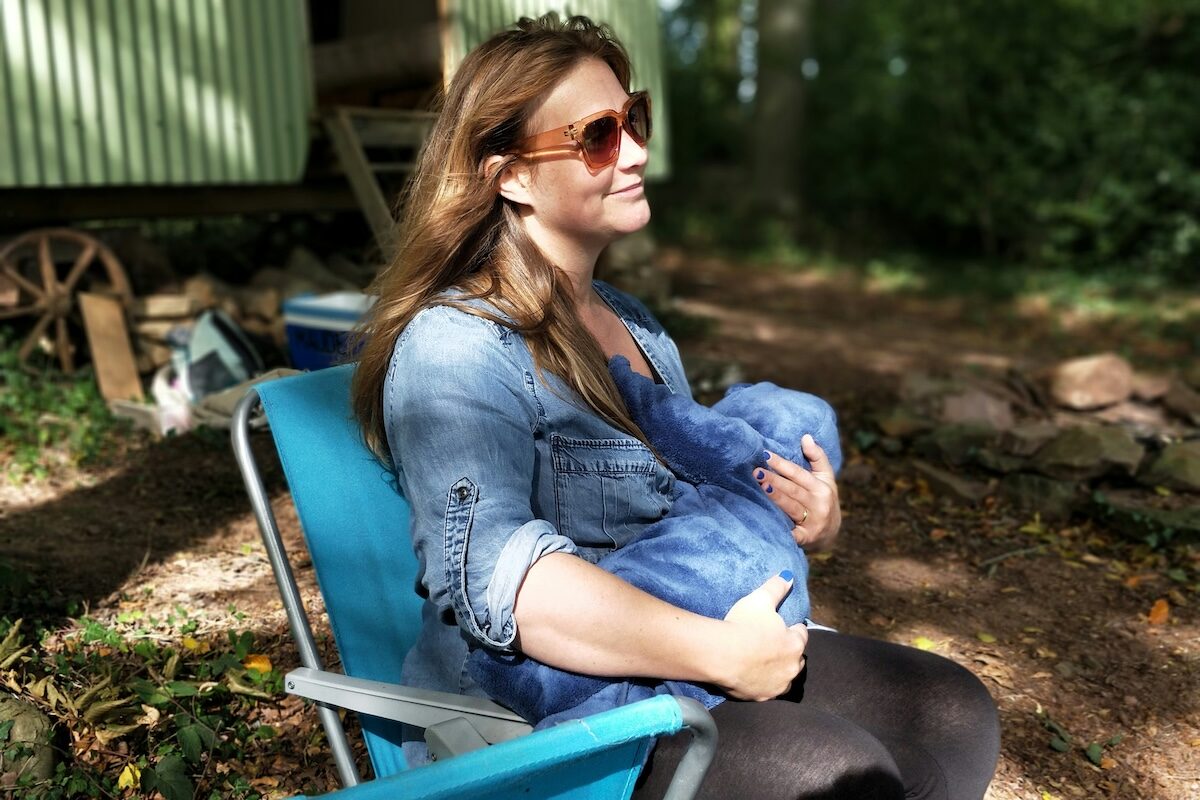I’m reading Cribsheet (obsessed!) and wondering about the references to breastfed babies and breastfeeding moms. For how long do mothers have to have breastfed to fall under this category in the data? Is it assumed that when discussing results about breastfed babies, those babies were exclusively breastfed for 12 or more months? (I breastfed my baby for only one month, and when people ask if she was breastfed, I never know if I can say yes.)
—Molly M
First of all, let me hit the last question here: Yes, you can say yes. Or you can say yes with more specificity. Or you can say you’d prefer not to answer, or tell them it’s not important, or tell them to go away. Perhaps I’m being too harsh, and I know that people often ask about breastfeeding motivated by simple curiosity. However, given how fraught this is for people, I’d like us all to be a bit more careful in the kind of personal information we pry into. Thank you for listening to my soapbox speech!
To your question: In the data, there are many definitions of “breastfed.” Most commonly, when studies compare breastfed versus not, they include any length of breastfeeding in the breastfed group. Sometimes researchers will do further comparison (for example, less than 3 months, 3 to 6 months, 7 to 12 months).

Our best data on the causal effects of breastfeeding — say, from the one randomized trial we have, or from studies that compare siblings — is really only able to distinguish “any breastfeeding” from “none.” It is much harder to separate out any impacts by length of breastfeeding.
A final note: It’s quite unusual, in the U.S. at least, to exclusively breastfeed even through 6 months. This means that any study that compares breastfed babies with those who are not is inevitably including a lot of combo-feeding babies in their breastfed group.
Community Guidelines
















Log in